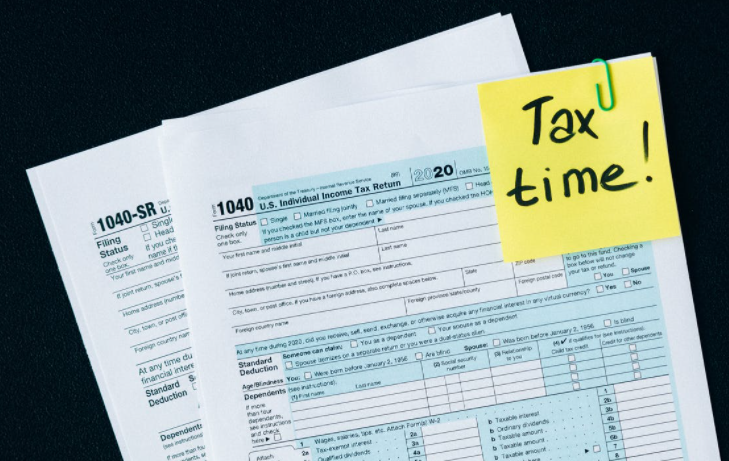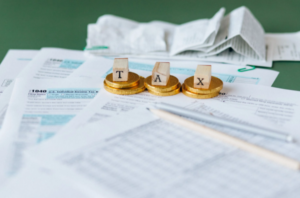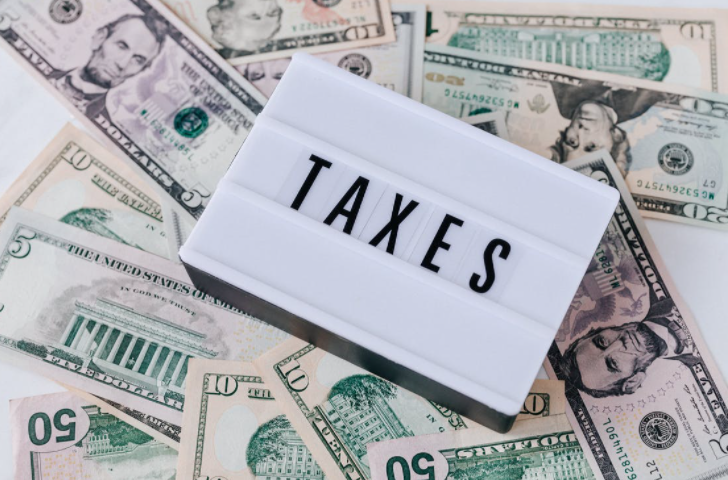Although we’ve been doing taxes for 12 years, our firm is not in the tax business. It was something I didn’t want to offer when I opened my firm. Although it’s a bit complicated, don’t be late when filing your taxes. There is a severe penalty waiting for someone late. You can read more for more information. However, we work with CPAs to ensure that our clients receive the same advice as to their tax professionals. There are some tax advantages that business owners don’t know about or don’t take advantage of. Incorrect tax information can lead to some deductions that should be avoided. Here are beneficial tips for filing your taxes as a small business owner.

Avoid Being Late
As mentioned, you should never be late when filing your taxes. The best way to do so is by doing some preparation. Understanding tax filing is beneficial. It would help if you learned what the 1099 form is and what it requires before filing your tax. This is a must as if you don’t know about this form. You may think it doesn’t apply to you and simply ignore it. Moreover, if you have earned $400 from your self-employment and found out that this amount can be more, you need to file an income tax return.
Keep Track of All Expenses Regularly
 Keep track of all your expenses, including those you pay personally. My business clients always ask me, “What about the things I bought with my credit card?” All of this is deductible. You have to make sure they show up in your accounts. Remember that the credit card you get is personal. Don’t add it to your list of accounts. These expenses are counted as shareholder or owner contributions. Please keep track of these expenses each month, so you don’t end up forgetting them.
Keep track of all your expenses, including those you pay personally. My business clients always ask me, “What about the things I bought with my credit card?” All of this is deductible. You have to make sure they show up in your accounts. Remember that the credit card you get is personal. Don’t add it to your list of accounts. These expenses are counted as shareholder or owner contributions. Please keep track of these expenses each month, so you don’t end up forgetting them.
Avoid Losing Money
Cash flow issues can be a problem for small business owners. As a result, you can fall behind in paying bills or taxes. Even if your supplier doesn’t charge you late fees, the IRS will. These fees, my friend, are not deductible. Neither is interest. My tip is to prevent this money from slipping away by paying your taxes on time and using these funds for deductible expenses.
Maximize Your Retirement Contributions
Many small business owners are so busy running their business that they don’t think about what they will do when they retire. I don’t believe you are even considering that. One day you will. You should make sure you have some savings. Many retirement plan options allow you to save money tax-free and are deductible for your business. You can create your retirement plan for your company. Cool, right? My advice is to talk to your tax or financial advisor about your retirement plans.
Separate Your Personal Expenses and Business Expenses
You should stop combining personal expenses with business expenses. These expenses are not tax-deductible. Accountants know what to do if you try. We’re more intelligent than the average bear, believe it or not. Don’t mix it up. You can write off a major asset, but the IRS will allow you to write it off as an expense. You can deduct up to $500,000 to reduce your taxable income to zero. My personal advice is to wait until December to buy equipment. That way, you can buy just enough equipment and not too much.
